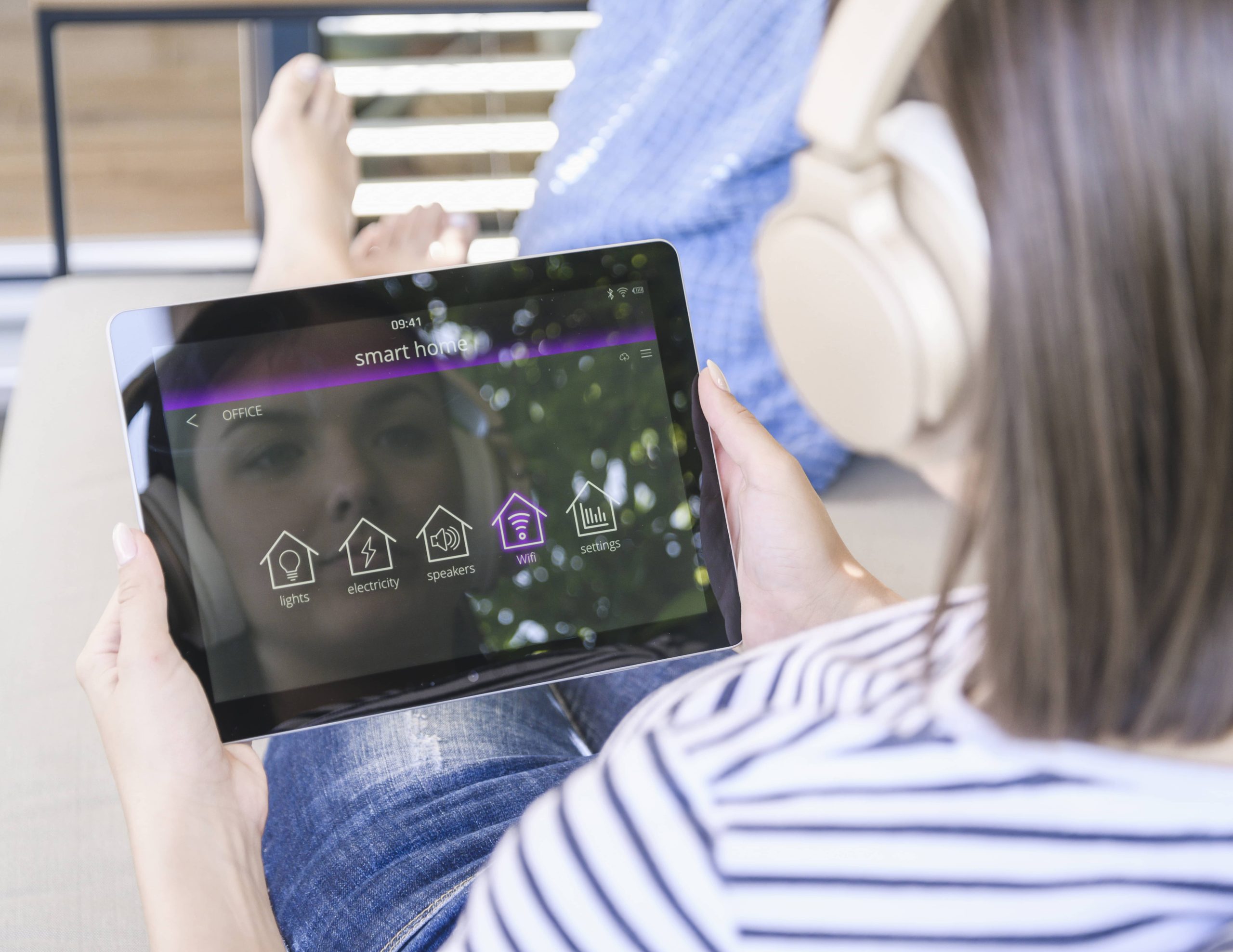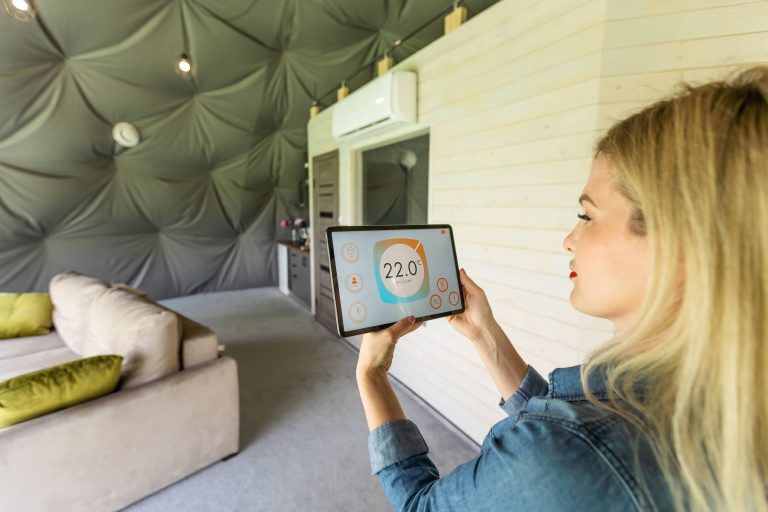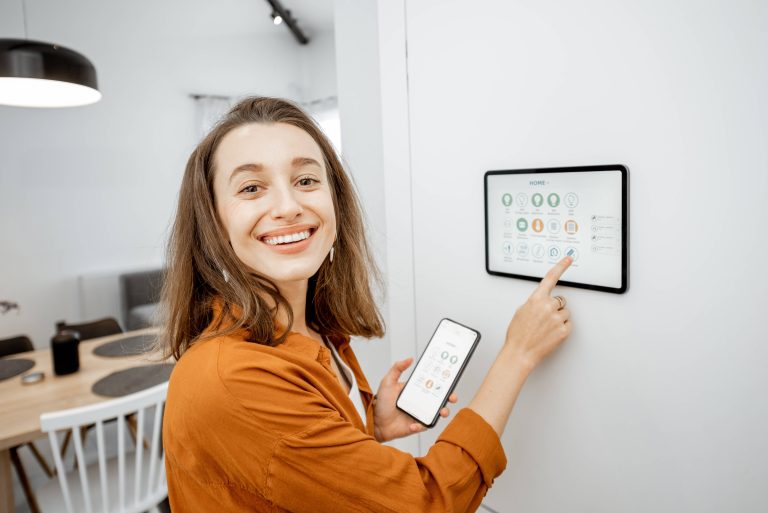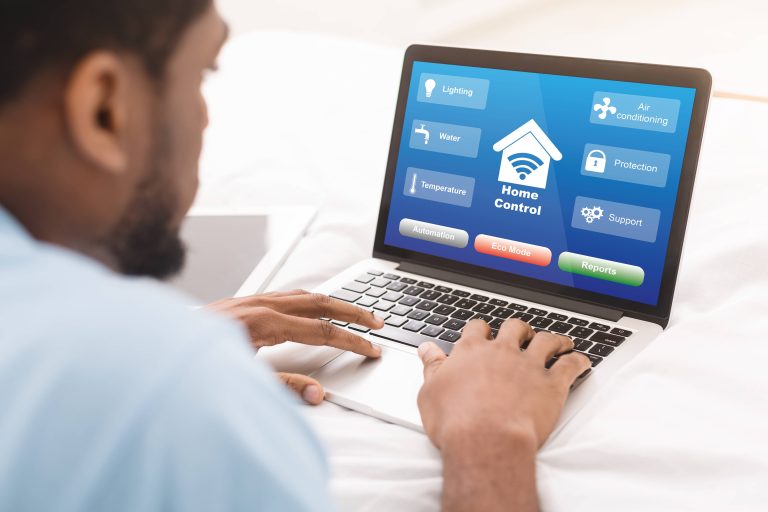
In the ever-evolving landscape of technology, the concept of a “smart home” has transitioned from a futuristic dream to a tangible reality. With the integration of the Internet of Things (IoT), homes are becoming more connected, efficient, and convenient. However, as these technologies advance, so do the challenges associated with security, privacy, and data management. Enter blockchain technology—a revolutionary force that promises to reshape the smart homes of tomorrow.
Understanding Blockchain
Before delving into its impact on smart homes, it’s essential to understand what blockchain is. At its core, blockchain is a decentralized digital ledger that records transactions across multiple computers. This ensures that the recorded data is immutable and transparent, making it a robust solution for various applications beyond its initial use in cryptocurrencies like Bitcoin.
Enhancing Security in Smart Homes
One of the primary concerns with smart homes is security. With numerous devices connected to the internet, the risk of cyberattacks increases. Blockchain can significantly enhance security by providing a decentralized framework for data storage and communication. Each device in a smart home can have a unique blockchain identity, ensuring that only authorized devices can interact with each other. This reduces the risk of unauthorized access and potential breaches.
Moreover, blockchain’s cryptographic nature ensures that data is encrypted and tamper-proof. This means that any attempt to alter the data would be immediately detected, providing an additional layer of security for smart home systems.
Improving Data Privacy
Data privacy is another critical issue in the realm of smart homes. With devices constantly collecting and transmitting data, homeowners are often concerned about who has access to their information. Blockchain can address these concerns by giving users more control over their data. Through smart contracts—self-executing contracts with the terms of the agreement directly written into code—homeowners can specify who can access their data and under what conditions.
For instance, a smart thermostat could use blockchain to ensure that only the homeowner and authorized service providers can access its data. This not only protects privacy but also builds trust between consumers and service providers.
Facilitating Interoperability
The smart home ecosystem is diverse, with devices from various manufacturers often struggling to communicate with each other. Blockchain can facilitate interoperability by providing a standardized platform for data exchange. Through blockchain, devices can seamlessly share information, regardless of the manufacturer, ensuring a more cohesive and efficient smart home experience.
Enabling Decentralized Energy Management
As smart homes become more energy-efficient, the integration of renewable energy sources like solar panels is becoming increasingly common. Blockchain can play a pivotal role in decentralized energy management. By using blockchain, homeowners can track their energy production and consumption in real-time, optimizing their energy usage.
Furthermore, blockchain can enable peer-to-peer energy trading. Homeowners with excess energy can sell it to their neighbors, creating a decentralized energy market. This not only promotes the use of renewable energy but also reduces reliance on traditional energy providers.
Revolutionizing Home Automation
Blockchain can also revolutionize home automation by enabling more sophisticated and autonomous systems. With blockchain, smart home devices can make decisions based on predefined rules and conditions. For example, a smart lock could automatically grant access to a delivery person during a specified time window, ensuring secure and efficient package delivery.
Additionally, blockchain can enhance the functionality of virtual assistants like Amazon Alexa or Google Home. By integrating blockchain, these assistants can perform more complex tasks, such as managing financial transactions or executing legal agreements, all while ensuring data security and privacy.
Challenges and Considerations
While the potential benefits of blockchain in smart homes are significant, there are challenges to consider. The technology is still in its nascent stages, and widespread adoption may take time. Additionally, the energy consumption associated with blockchain, particularly in proof-of-work systems, is a concern that needs to be addressed.
Moreover, the integration of blockchain into smart homes requires collaboration between technology providers, manufacturers, and policymakers. Establishing industry standards and regulations will be crucial to ensure the seamless and secure implementation of blockchain in smart homes.
Conclusion
Blockchain technology holds immense potential to transform the smart homes of tomorrow. By enhancing security, improving data privacy, facilitating interoperability, and enabling decentralized energy management, blockchain can address many of the challenges currently faced by smart home systems. As the technology continues to evolve, it will undoubtedly play a pivotal role in shaping the future of smart living, offering homeowners a more secure, efficient, and connected experience. The journey towards a blockchain-powered smart home is just beginning, and its impact will be profound and far-reaching.







